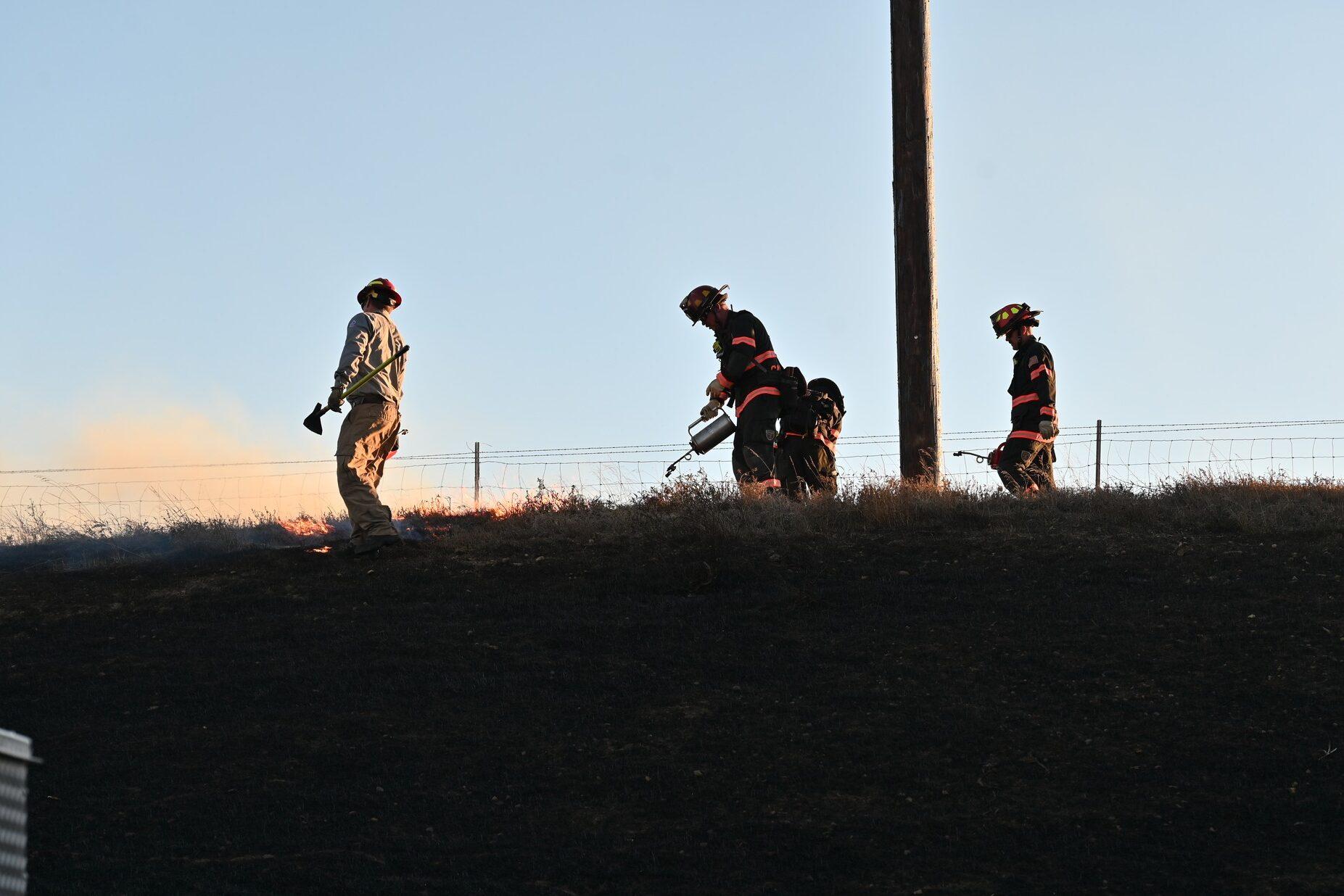

In the final days of Colorado’s legislative session, lawmakers are poised to move forward with changes to how workplace harassment complaints are handled at the Capitol.
However, some of the very people who have filed formal complaints or spoke out about harassment under the gold dome tell CPR they won’t vote for it in its current form. It’s now unclear whether it has the votes to pass both chambers.
“I can’t vote for something that makes it scarier for complainants to come forward. Without confidentiality for complainants we are increasing the politicization of the process,” said Sen. Faith Winter.
The Democrat was the first to publicly accuse former Democratic Rep. Steve Lebsock of sexual harassment. In a historic vote, he was expelled last session.
A big goal for lawmakers on both sides of the aisle has been to remove legislative leaders from handling complaints. The idea is that it would make it less political because not every decision would fall on a few partisan leaders. To that end, the House and Senate each created bipartisan workplace committees to handle complaints.
The disagreement is over how much information those committees get.
The sticking point is whether the committees need to know the names of accusers and corroborating witnesses, or just the allegations and the facts of an outside investigation. If the new rule is adopted as written lawmakers on those committees would know everything.
“I know of no other proceeding anywhere where the fact finders or the board that recommends an outcome isn’t privy to the name and identity of both the complainant and the respondent,” said Republican Sen. Bob Gardner who backs the current rule change. He said he has serious due process concerns if that language is changed.
Democratic Speaker of the House KC Becker also supports the proposal. When asked about the concerns from some that the process would be less confidential for accusers, she said that “might be a trade-off. I think it also creates more accountability though for those making decisions.”
But many who have come forward strongly object to that idea and say information, like names of accusers, should be redacted.
For Democratic Rep. Daneya Esgar the idea of a committee of lawmakers knowing her name if she files a complaint “strikes fear in her.” She has publicly spoken out about attending a past legislative event where she said she felt her colleague’s hand wrap around her thigh and “start moving upward.”
Back then, Esgar didn’t feel comfortable filing a complaint. At the time it would have been just one legislative leader with knowledge of her identity, the new policy would bring that number up to five or seven.
“I didn’t want to be questioned by any of my colleagues,” she said. “I wanted to have the reputation I have earned in this building as a hard worker sustained. I didn’t want anyone doubting anything about me.”
The rule change starts in the Senate, Winter said she is at work on an amendment to strengthen confidentiality protections for accusers. That said, it’s not clear if there’s enough Senate support to add it, or if the House would agree to that change.
“If you’re expanding the number of legislators people are going to tell in order to start a complaint. It’s far less likely people are going to feel safe enough to come forward,” said Democratic Sen. Jessie Danielson, who recently filed a complaint against a lobbyist. “I think there’s an obvious chance that it could put more politics into it, but probably more obvious is that this is really personal, private stuff that people are dealing with.”
The state legislature has spent nearly $400,000 dealing with workplace harassment issues and created an interim committee to come up with policy changes last year. This session, the discussions have been confusing and complicated, and lawmakers didn’t even agree on who should introduce a bill and various rule changes.
“I will say in the six years I’ve been here and as a member of leadership who was assistant minority leader or minority leader and now the president of the Senate, I have never dealt with something as complex as this,” said Senate President Leroy Garcia. “It’s because we were talking about governing over members. I’ve found myself frustrated in this entire process.”
He said he felt like he’s been in a tug of war between people who have experienced harassment, those accused of harassment, people looking at the issue from an HR perspective and others who disagree on how lawmakers should be held accountable for violating the policy.
Garcia wants to pass something this session but ultimately won’t push something through if victims aren’t OK with it.
“I’m being very receptive right now in the point that we find ourselves in this conversation, that not everyone agrees that this might be the best policy and if that is the case, I will defer to people who feel like this is not a great policy,” he said.
Other proposed changes to the Capitol’s workplace harassment policy aren’t as controversial.
Lawmakers back the creation of a mechanism to hold lobbyists accountable for misconduct and the release of an annual statistical report on complaints and their resolution. There’s also a bipartisan measure to make information on credible complaints against lawmakers public, including the elected official’s name
Former Legislative aide Katerina Birge said she’s pleased with some of the potential changes. She filed a complaint that alleged former Republican Sen. Randy Baumgardner grabbed her buttocks. But for Birge, any new policy that fails to address confidentiality would be heartbreaking.
“It’s a swift kick to the gut to harassment victims.”








